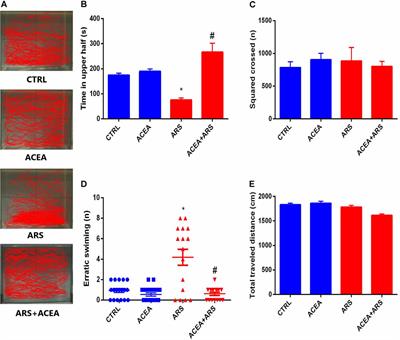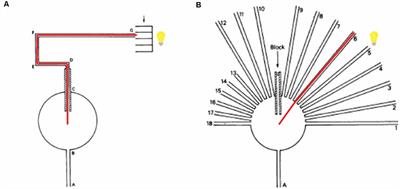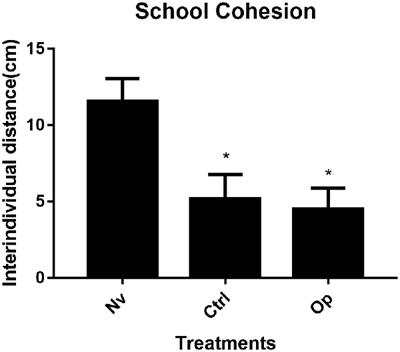EDITORIAL
Published on 16 Mar 2021
Editorial: Zebrafish Cognition and Behavior
doi 10.3389/fnbeh.2021.659501
- 3,065 views
- 5 citations
8,159
Total downloads
38k
Total views and downloads
Select the journal/section where you want your idea to be submitted:
EDITORIAL
Published on 16 Mar 2021
ORIGINAL RESEARCH
Published on 18 Jan 2021

ORIGINAL RESEARCH
Published on 11 Jan 2021

REVIEW
Published on 17 Dec 2020

ORIGINAL RESEARCH
Published on 16 Oct 2020

REVIEW
Published on 25 Sep 2020
ORIGINAL RESEARCH
Published on 12 Aug 2020

ORIGINAL RESEARCH
Published on 23 Jun 2020

ORIGINAL RESEARCH
Published on 17 Jun 2020


Frontiers in Ecology and Evolution